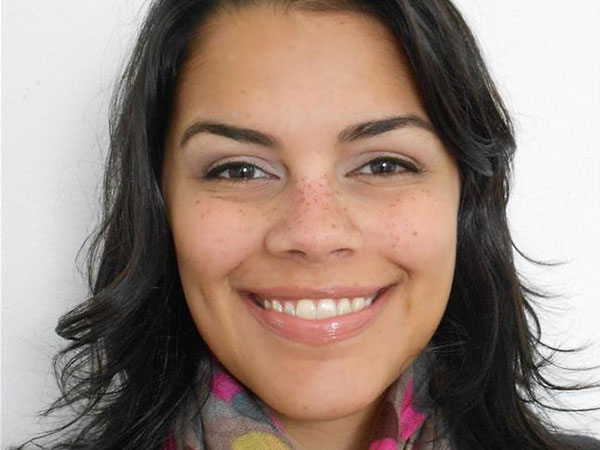 Sarah dos Anjos, PhD, OT, MScTherapists at the UAB Taub Training Clinic had developed and delivered a revolutionary intervention for patients recovering from stroke known as constraint induced therapy until it was forced to close in 2020 for financial burden due to poor insurance reimbursement and time required by therapists.
Sarah dos Anjos, PhD, OT, MScTherapists at the UAB Taub Training Clinic had developed and delivered a revolutionary intervention for patients recovering from stroke known as constraint induced therapy until it was forced to close in 2020 for financial burden due to poor insurance reimbursement and time required by therapists.
But a new neuroplasticity clinic is in the works, and a CEDHARS pilot grant is exploring the feasibility of a modified protocol, which will be a centerpiece of the new clinic and hopefully reduce costs and expand the reimbursements from insurance companies, in turn bringing constraint induced therapy to patients across the world.
Dr. Sarah Dos Anjos, assistant professor in the department of occupational therapy at UAB, is collaborating with a team of occupational and physical therapists at UAB on the pilot grant that is studying the Keys intervention protocol.
“I’ve worked as a clinician for many, many years,” Dos Anjos said. “In the clinic, it’s not black and white, right or wrong as an administrator would think. It’s not just you’re eligible or not eligible. It depends. That’s something we always tell our students. You can do that, but it really depends on multiple factors because we’re dealing with human beings. It’s not mathematical. You can’t do an equation how someone would benefit from this or that.”
Nearly 800,000 Americans experience a stroke every year, which is the leading cause for long-term disability and often results in reduced mobility, impaired daily activity, isolation and depression. The original protocol at the Taub Clinic, which had positive outcomes for these symptoms, included four components: intensive motor training for 3.5 hours for 10 consecutive work days, use of shaping as movement training, use of a restraint device 90% of waking hours and a daily administration package.
“I think the protocol was very revolutionary, especially if you think about upper extremity rehabilitation,” Dos Anjos said. “CI therapy is the gold standard or the technique that has a higher amount of evidence of returning arm function or arm use after a brain injury.”
In the Keys protocol, on the other hand, the constraint induced therapy is distributed over a longer period of time. The time for each clinic visit is reduced to 1.5 hours over an 8-week period, while maintaining use of the restraint device and transfer package.
Anecdotally, therapists have had similar positive outcomes to the original, more intensive protocol, but the Keys protocol’s effectiveness had yet to be systematically studied until Dos Anjos was awarded the CEDHARS pilot grant.
“I think personally as a clinician, I’ve seen my patients benefiting from it and how CI therapy changed their lives for the better,” Dos Anjos said.
The study will examine participant outcomes through the same measures commonly used in the many randomized control trials of the traditional protocol. The measures include the Motor Activity Log, Wolf Motor Function Test, Stroke Impact Scale, Zung Depression Scale and the Canadian Outcomes Performance Measure.
Dr. Dave Morris, current chair of the department of physical therapy at UAB and co-investigator on the grant, introduced CI therapy to Dos Anjos and some of her colleagues during a trip to Dos Anjos native country of Brazil in 2006.
“The healthcare system in Brazil is very different, but the barriers are similar because it goes back to money,” Dos Anjos said. “The barriers are both institutional an in the healthcare system.”
For this reason, Dos Anjos believes that if her and the research team have similar findings in this pilot study, it could have major impact globally.
“We plan to submit bigger grants for our city where we’re going to look at the numbers with more weight to it,” Dos Anjos said. “But this is exactly what we wanted to do. We want to see what are the changes we observe in the Keys protocol that is potentially reimbursable because how we distribute the intensity over a longer period of time is very similar to other therapy protocols that are reimbursed by health insurance.”

